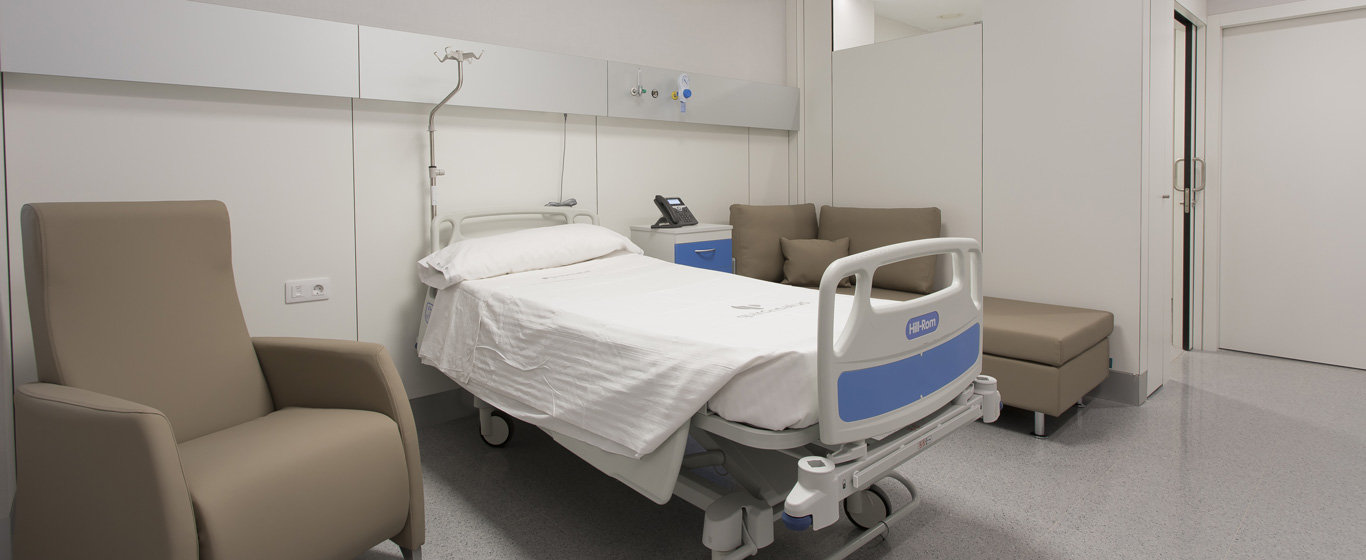Gallstones
Why do gallstones form? Information on the causes, symptoms, and treatments for biliary stones.
Symptoms and Causes
Gallstone disease, also known as gallstones or cholelithiasis, involves the formation of stones in the gallbladder, the organ responsible for releasing bile when we eat food.
Gallstones usually don’t require treatment. In some cases, especially when they are very large, surgery is needed to remove them. Although they can cause pain, gallstones typically do not pose a health risk to those who have them.
Symptoms
The typical clinical picture of gallstone disease is biliary colic.
The main symptoms are:
- Abdominal pain, usually on the right side.
- Nausea.
- Vomiting.
Causes
It is still not definitively known why gallstones form. Studies suggest that they may be caused by:
- Excess cholesterol in bile (cholesterol stones). These stones are yellow and the most common.
- Bile with elevated bilirubin levels (pigment stones). These stones are dark brown or black.
- Incomplete emptying of the gallbladder, leading to bile accumulation.
Risk Factors
Some of the factors that increase the risk of gallstone formation include:
- Sedentary lifestyle.
- Obesity or overweight.
- Diet high in fats and cholesterol.
- Diabetes.
- Pregnancy.
- Family history.
- Medications with estrogen.
Complications
In some cases, gallstones can affect the body and lead to other conditions, such as:
- Acute cholecystitis: inflammation of the gallbladder.
- Choledocholithiasis: stones in the common bile duct, which is the tube through which bile flows from the liver to the intestine.
- Acute pancreatitis: inflammation of the pancreas. This occurs when a stone obstructs the pancreatic duct.
- Gallbladder cancer: gallstones increase the likelihood of developing a malignant tumor.
Prevention
The best way to prevent gallstones is:
- Stay active and avoid a sedentary lifestyle.
- Follow a balanced and healthy diet:
- Rich in fiber, water, and unsaturated fats.
- Low in refined carbohydrates, saturated fats, and sugar.
Which doctor treats gallstones?
Specialists in the digestive system diagnose gallstones. General surgeons may also be involved in the treatment.
Diagnosis
Abdominal ultrasound is the most common test for diagnosing gallstones, as it provides images of the gallbladder and allows detection of other conditions caused by the presence of stones.
In cases where the stones are small and cannot be seen on the ultrasound, endoscopic retrograde cholangiopancreatography (ERCP) is used. This technique involves X-rays with dye to observe the state of the bile ducts.
Treatment
In most cases, gallstones are not treated. The stones are simply allowed to dissolve on their own. When they cause pain, painkillers are prescribed to relieve it.
If gallstone disease is recurrent, surgery is usually performed to remove the gallbladder. This procedure is called cholecystectomy and does not affect the patient's quality of life. In cases where surgery is not an option, medications are used, which need to be taken for a long period to dissolve the stones.

































































































